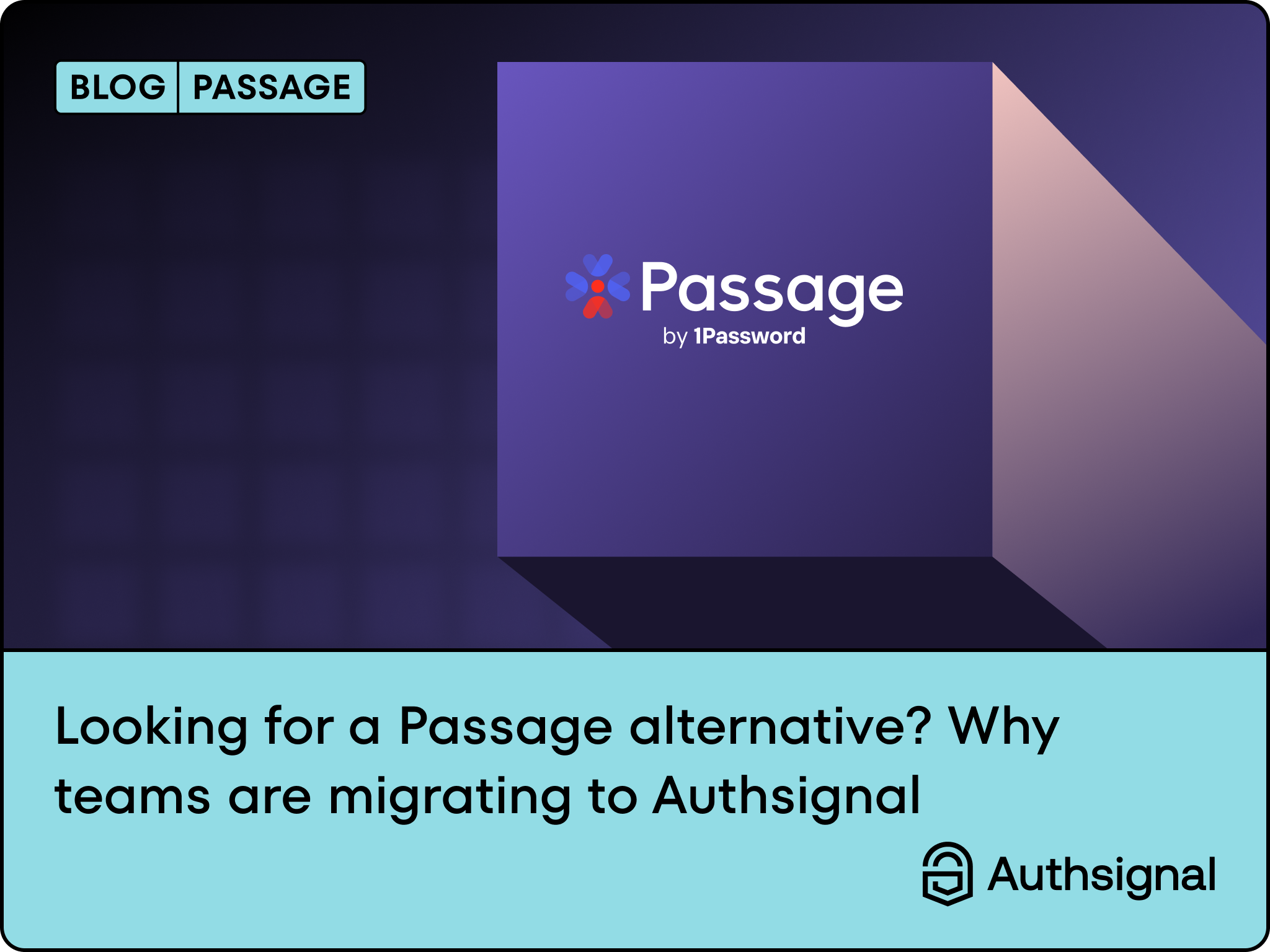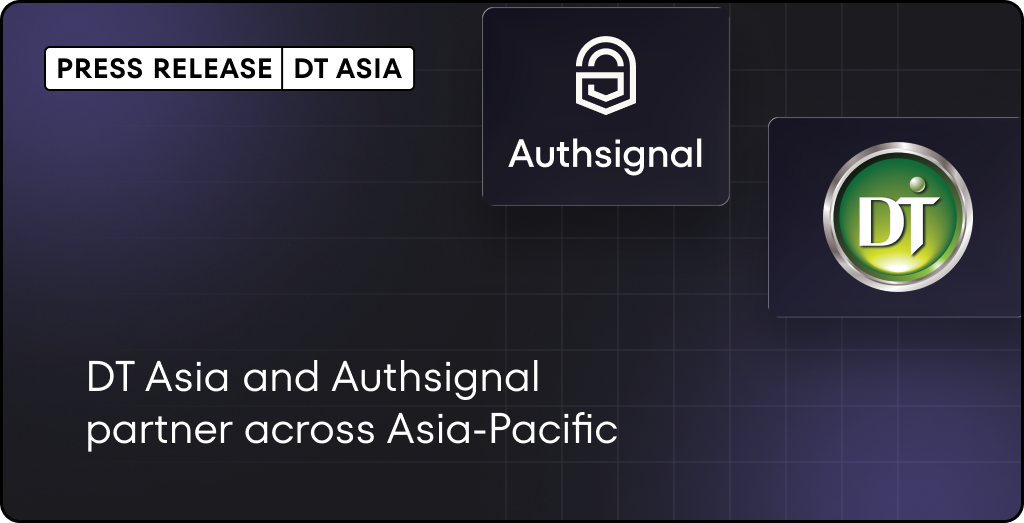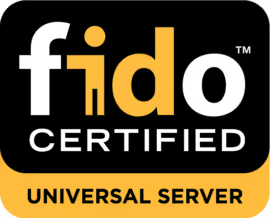If you're currently using Passage by 1Password, you've likely seen the announcement: Passage will be retired on January 16, 2026. That gives teams about three months to plan, rebuild, and migrate their authentication infrastructure before support ends.
Passage's deprecation means its SDKs, APIs, and hosted services will no longer receive updates or security patches, putting production apps at risk if migration isn't completed in time. For teams that adopted Passage for its developer-friendly, passwordless experience, this news is understandably disruptive.
But it also opens a window to modernize your authentication stack with a platform built for the next era of passkeys, adaptive MFA, and identity orchestration. Waiting until late December means emergency deployments during the holidays. Nobody wants that. Start planning your migration now while you have time to test properly.
What to look for in an alternative
When evaluating replacements, you need solutions that match Passage's simplicity but go further in flexibility and future-readiness.
Production-ready passkey support is essential. You need something tested at scale, processing millions of authentications, not experimental features. Developer-friendly APIs and SDKs matter because integration speed is critical when you're on a deadline.
Adaptive MFA and risk-based authentication let you adjust security dynamically based on user behavior and device trust. No-code orchestration means you can customize rules and deploy changes without rewriting code or filing deployment tickets.
Real analytics, audit trails, and fraud prevention tools satisfy enterprise requirements. And open architecture helps you avoid vendor lock-in with your next platform.
That's where Authsignal comes in.
Why teams are choosing Authsignal
Authsignal handles the basics that Passage covered, then goes further with orchestration and flexibility. The platform delivers everything Passage offered: passkey support, multi-factor authentication, and a developer-friendly experience. But it adds capabilities that matter as your authentication needs evolve.
The no-code rules engine lets you configure authentication logic visually and deploy changes without touching code. When you need to step up security for risky logins or streamline flows for trusted users, you adjust rules instead of filing deployment tickets. Automatically trigger challenges based on user behavior, device trust, and risk signals.
Real-time analytics and auditing give you visibility into authentication activity, performance, and anomalies. See where users drop off and which flows convert best. Monitor what's actually happening instead of guessing.
Identity verification integrations make it easy to add biometric verification or document checks through providers like iProov and Veriff when your use case requires additional assurance.
The platform has processed millions of passkey authentications, with passkeys making up 62% of authentication volume. This is proven infrastructure at scale.
API-first design, pre-built UI components, and comprehensive SDKs accelerate deployment. Integration works with existing identity providers like AWS Cognito, Azure AD B2C, Auth0, and Keycloak. You're extending your current setup, not replacing it. SOC2 Type 2 certified and hosted across AWS regions for compliance needs. Available via AWS Marketplace for streamlined procurement.
Unlike Passage, Authsignal isn't just a passwordless login platform. It's a complete authentication orchestration layer that grows with your stack. The platform supports authentication methods beyond passkeys: WhatsApp OTP for regions phasing out SMS, push notifications, TOTP, and biometric options including palm authentication.
The build vs buy
Some teams consider building their own authentication after Passage shuts down. This works if authentication is your product. For everyone else, it's usually a mistake.
Building takes months. Browser compatibility, FIDO2 implementation, security patches. Then maintenance forever. Every new regulation, every new attack vector, every new standard.
Using a platform means a team that focuses on authentication full-time handles those problems. They track regulations, implement standards, patch vulnerabilities. You get that expertise without building a security team.
Next Steps
The end of Passage doesn't have to mean disruption. It's a chance to build a more flexible, secure, and future-ready authentication experience.
Authsignal helps teams deploy passkeys and adaptive MFA faster, build customizable low-friction authentication experiences, and future-proof their identity stack without vendor lock-in. Contact Authsignal about your specific Passage setup. The team will walk through what migration looks like for your use case and help map out a plan that fits your timeline.





.svg)


.png)





